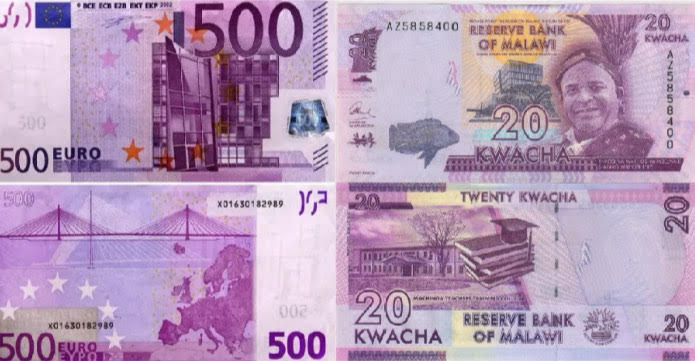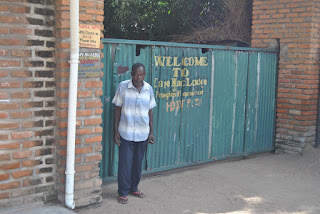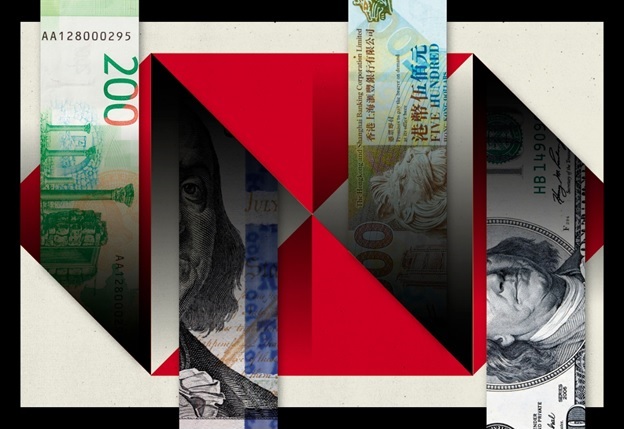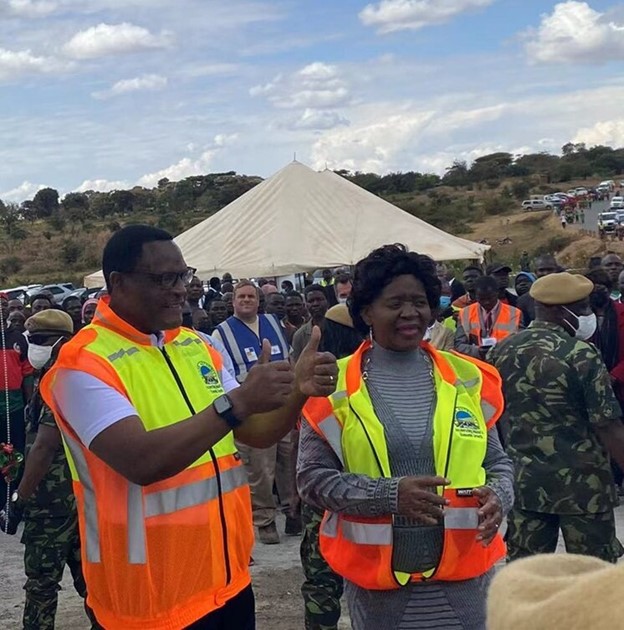Interception of large volumes of smuggled banknotes in Zambia unearthed a global currency repurposing racket. Now the details have emerged of how low-domination Malawian kwacha banknotes have become the raw material for a global syndicate of counterfeit high-value currencies. By Jack McBrams On a quiet afternoon three weeks ago, Zambian authorities executed a meticulously planned sting operation at Lusaka’s Kenneth Kaunda International Airport. The operation, led by Zambia’s Drug Enforcement Commission (DEC), targeted a suspicious shipment of wooden crates marked as "consumables." Inside, they found an astonishing K42.1 million in low-denomination Malawian banknotes, primarily K20 and K50 bills—notes that most Malawians might consider hardly worth the paper they’re printed on. The bust was a significant victory for Zambian law enforcement, but it also raised alarming questions: Why would anyone go to such lengths to export low-value currency? And what was the ultimate destination of these notes? The answers, it turns out, were far more disturbing than anyone could have imagined. The notes were headed to Banknote World, a company based in Anaheim, California, that specialises in rare and collectible banknotes. On the surface, the company’s business seemed legitimate—selling historical and exotic currencies to collectors around the world. But investigators quickly realised that something far more sinister was at play. The seized currency on display in Zambia A Devious Scheme: Turning Trash into Treasure The key to the operation lies in the specific characteristics of the seized notes. Although the K20 and K50 bills are small denominations, their true value isn’t in their face value but in the security paper on which they’re printed. This paper, embedded with security features, is incredibly difficult to replicate and forms the backbone of modern currency. According to experts, these Malawian notes were destined to be erased and then reprinted with the likeness of higher-denomination currencies—currencies such as the €500 note, which is notoriously difficult to obtain and easily convertible to other forms of wealth. "These notes are perfect for counterfeiting because of their size, colour, and the security features already in place," Director of Public Prosecutions Masauko Chamkakala told PIJ. The plan, investigators believe, was to repurpose these low-denomination notes into high-value currencies that could then be introduced into the global financial system. This repurposing is not merely a clever trick but a sophisticated form of financial crime that undermines the stability of entire economies. Malawi K20 notes on sale on eBay Banknote World: Innocent Victim or Key Player? As our investigation zeroed in on Banknote World, the company’s CEO, Abdullah Beydoun, quickly found himself at the centre of the cross-continent controversy. In a terse statement to PIJ, Beydoun denied any involvement in illegal activities and launched a scathing attack on Zambian authorities. "We did not do anything wrong, and we did declare [the shipment]. We are just victims of corrupt government officials who are abusing their power," Beydoun said, adding, "Are you interested to know about your Zambian officials who are corrupt, or will they kill you if you say the truth? I know in Zambia, there is no freedom of speech, and if you were honest and said the truth, you would be either jailed or eliminated." Despite his forceful denial, Beydoun’s response has done little to quell suspicions. The company, which bills itself as a reputable seller of collectible currency, has yet to provide any concrete evidence to support its claims of innocence. Furthermore, Beydoun has not responded to multiple requests from PIJ for additional information, leaving many to wonder what, exactly, Banknote World’s role was in this scheme. Banknote World’s Procurement Team at the The MIF Paper Money Fair in Maastricht. The team is identified as Omar, Jaybbi, Marvin, CEO Abdullah Beydoun, and Global Procurement Head Hossam Tracing the Money Trail Chamkakala, who personally travelled to Zambia to oversee the investigation, alongside officials from Fiscal Police and the Reserve Bank of Malawi, shed light on the peculiar nature of the seized currency. "The majority of the bills were in small denominations of K20 and K50, which is unusual for such large amounts," Chamkakala noted. "We counted approximately 1.5 million K20 notes. Their explanation that these were antiques and collectibles doesn't hold water, given the volume and denominations involved." A key aspect of the investigation revolves around the security paper used to print the Malawian kwacha. Chamkakala hinted at a sophisticated technique employed by the suspects, wherein the original printing on the notes could be erased to imprint higher-value currencies. "The security paper is highly specialized and difficult to obtain. We suspect they have the technology to remove the existing print and overlay stronger currencies," he explained. The K20 and K50 notes are particularly sought after because of their size and colour similarities to high-value global currencies like the 500 Euro and the 100 Euro notes. A Pattern of Deception The recent arrest is not an isolated incident. Chamkakala disclosed startling revelations of similar seizures in the past. In May, DEC officers intercepted K76 million in K20 notes at the Zambia-Malawi border. In another instance, K840,000 was found abandoned in a Lusaka hotel in 2022, and earlier this year, K2 million was intercepted at Mwami Border. These incidents point to a well-organised syndicate operating across borders, with Malawi's small-denomination currency at the heart of their operations. According to Chamkakala, both Malawi and Zambia authorities are now seeking assistance from the US government to determine the ultimate purpose of the smuggled currency. As investigations continue, the focus remains on uncovering the full scale of this operation and its potential ramifications on international financial systems. Jai Banda: This is an organised crime led by highly educated criminals Insights from Experts Money laundering expert Jai Banda weighed in on the issue, describing it as an organised crime led by highly educated criminals. "This could either be money laundering if the currency was obtained through illegal means, or it could be a case of fraud, where the perpetrators aim to convert the Malawian notes into stronger currencies," Banda suggested. He emphasised the need for further investigation to ascertain the true nature of the crime. Mark Lungu, spokesman for the Reserve Bank of Malawi, highlighted the importance of vigilance among all stakeholders to prevent the externalisation of local currency. "The amounts involved in this case are significant, and we must ensure strict adherence to laws regulating currency exportation," he stated. The Global Implications of Currency Repurposing The repurposing of the Malawian kwacha is not an isolated incident but part of a broader pattern of financial crimes that exploit the global economy’s vulnerabilities. The Financial Action Task Force (FATF), an international body that combats money laundering and terrorist financing, has long warned of the dangers posed by counterfeit currency. Counterfeiting is designated as a predicate offence for money laundering under FATF Recommendation 3, and the techniques used to introduce counterfeit currency into the financial system are strikingly similar to those employed in other forms of organised crime. These methods include cash couriers, the use of shell companies, and the manipulation of legitimate businesses to launder illicit proceeds. A study by FATF found that currency counterfeiting has evolved from a simple crime of fraud into a sophisticated operation that can destabilise economies and fund a wide range of criminal activities, including terrorism. The ability to produce undetectable counterfeit bills provides criminals with an anonymous and untraceable means of financing their operations, making it a favoured tool among organised crime syndicates.








